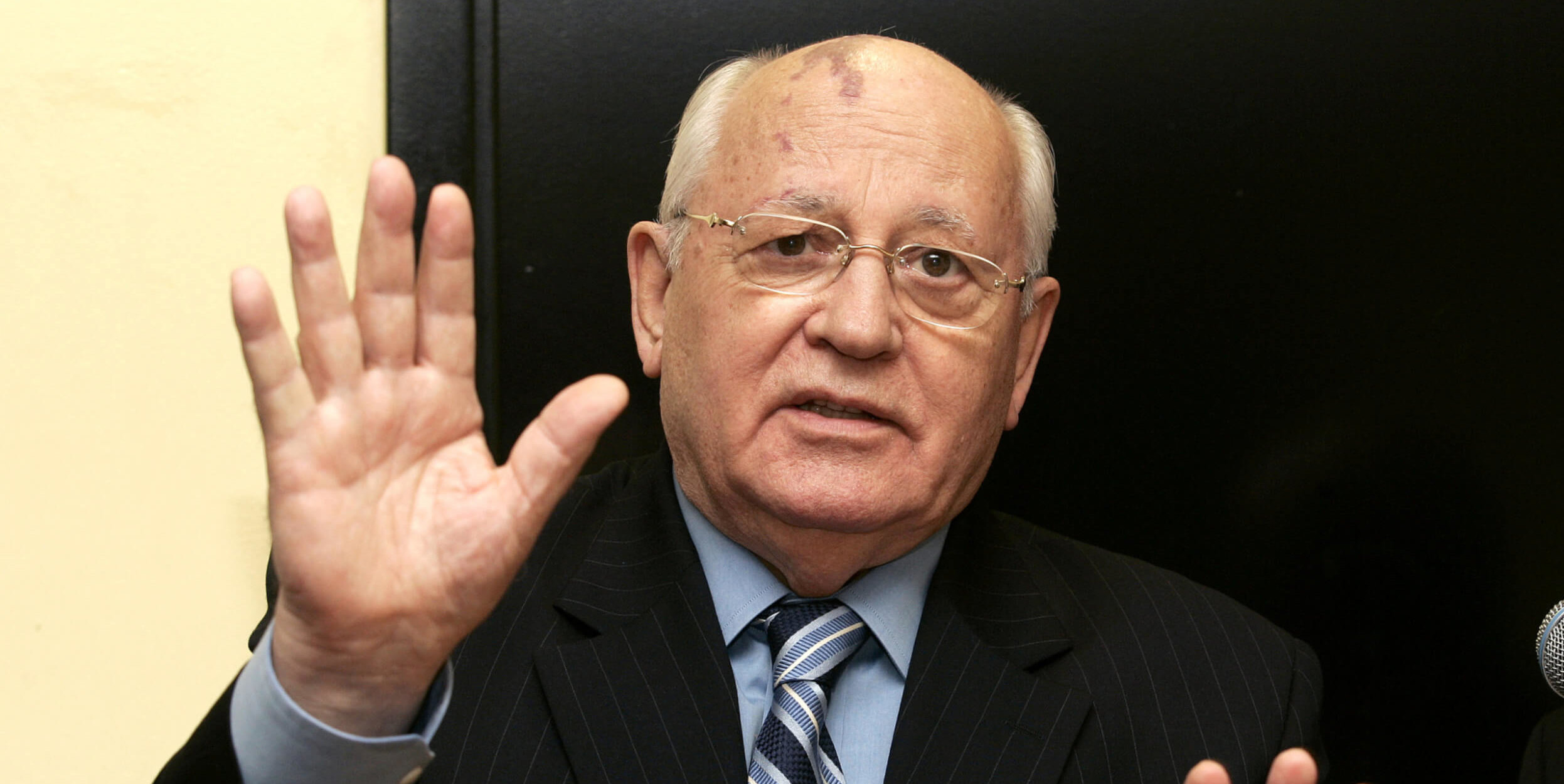As some of you know, my doctoral work was on American Cold War foreign policy. My master’s thesis was on the ethics behind Truman’s decision to develop the hydrogen bomb, a weapon 1,000 times more powerful than the atomic bombs dropped on Japan. I focused on understanding the arguments of policymakers who justified, on moral grounds, that such a destructive weapon was necessary. My doctoral dissertation examined how the plight of Cold War refugees and escapees led conservatives and liberals of the 1950s and 1960s to support dismantling 1924 racist immigration laws that discriminated against Eastern Europeans and Asians.Thousands of Cold War escapees risked their lives, passing through minefields with barbed wire, only to be rejected for entry to the United States because of their national origin.
During my graduate school research and subsequent work teaching courses on the Cold War and on Vietnam, I became more and more aware of the brutal horror of the communist system. When I see images of Che Guevara on t-shirts as a sign of hipness, I note the hipsters wearing those shirts don’t really understand the nature of a system that took away basic human rights in the pursuit of power. That may seem over the top, but I urge you to do your own research and study. As Winston Churchill said, “Democracy is the worst form of government, except for all the others that have been tried.” This week, the world lost a leader who changed the world and offered a moment of hope that has now been lost: Mikhail Gorbachev.
There is a school of French historical thought led by French historian Fernand Braudel that posits that individual humans have very little impact on the course of history. Imagine that there are “waves” of history that shape the world…and, upon which, a human might be standing on the beach only to be crushed by those waves. These “waves” would include geography, ideology, economic systems, political ideas, and many other things that shape the reality of human beings. Braudel argued that these larger “waves” shaped human behavior in a manner that would take away human agency. I learned about this theory in graduate school and struggled with it. What about figures like Abraham Lincoln? He forced a Civil War to liberate African-Americans held in bondage—even though so many northern whites were equally as racist as their southern counterparts. What about Martin Luther King? He mobilized a nation to reject Jim Crow segregation. What about George Washington? He could have held on to power and been a king of America, but chose to set a new course for a nation, served two terms as President of the United States, then retired to Virginia. I understand Braudel’s point. But, I believe leaders can make a difference and not be crushed by these waves. I think about Mikhail Gorbachev in the same fashion. Gorbachev grew up in a communist system, saw its evils, somehow rose within its ranks, and, when he was in power, took steps to dismantle a system and opened a door to a new world order.
As an aspiring leader in Soviet Russia, Gorbachev had witnessed Nikita Khrushchev denouncing the mass murders of the Stalin regime. He could see the shortfalls and failings of the Soviet system, and, when he became its leader, he used his influence to change a society that had abused its citizens. He withdrew Soviet forces from Afghanistan. He opened up a discussion of past wrongs of the system through his policy of perestroika. Gorbachev entered into negotiations with the United States that eliminated a whole class of nuclear weapons, and removed tactical nuclear weapons from Eastern Europe. He freed political prisoners. He allowed for multi-party elections. He allowed for the freedom of the press. He attacked corruption. And, Gorbachev did this without the support of nearly 20 million party members, with their livelihoods and power at stake. He was a man of tremendous courage.
Perhaps most courageous of all was his decision to meet with U.S. President Ronald Reagan and hammer out a critical nuclear arms deal. Reagan, a hard-core anti-communist, also deserves credit for meeting the moment and setting aside past prejudices. Reagan understood that the USSR was failing and pushed American interests as far as he could. But Gorbachev fundamentally understood how broken the Soviet system was. He was a rare party leader who connected with the working class. He understood and had empathy for the common people. Reagan and Gorbachev raised hope for the world. I lived through it. When Reagan went to the wall dividing East and West Berlin and dared Gorbachev to “tear down this wall,” a less courageous or vain leader might have resisted. Gorbachev had the confidence to put morality first.
Gorbachev died Tuesday at the age of 91. He lived to witness an unfortunate change of direction for his country. Corruption, greed, and the naked pursuit of power have led to a breakdown of what President George H.W. Bush called a “new world order.”
Let’s hope that the world and our nation can produce more leaders like Gorbachev—leaders who can look objectively at the society around them and have the courage to push for change.
